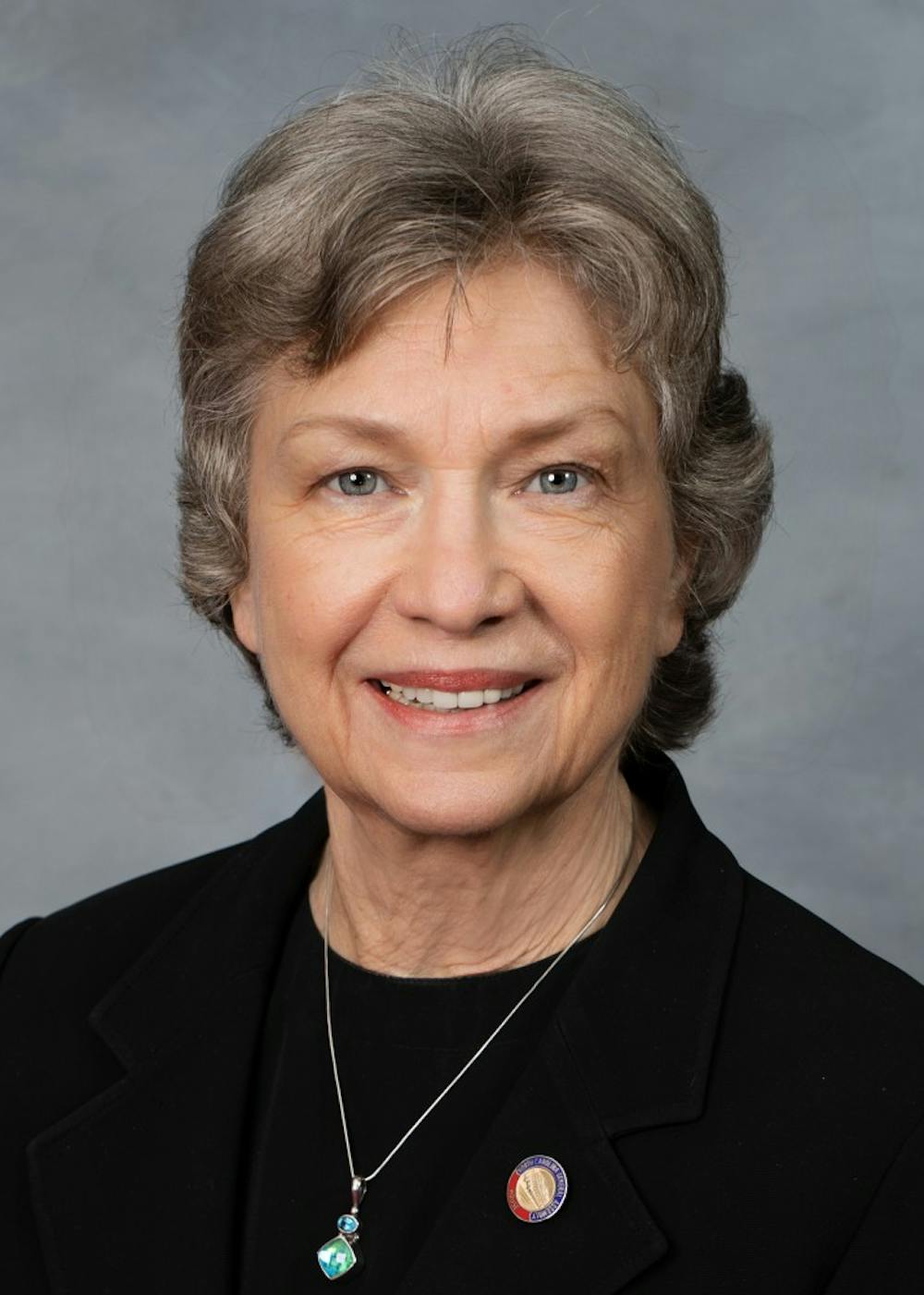The OC Voice is a portion of the OC Report newsletter where local residents may have a platform to talk about local issues they care about. Verla Insko is the state representative for District 56 in the General Assembly, which represents Chapel Hill.
North Carolina needs a nonpartisan redistricting commission. Now! Before the 2020 census and the 2021 redistricting. Legislators should not be able to pick their voters by drawing districts that favor themselves. Voters must have a fair redistricting process.
Although both parties have used gerrymandering, with computers, map drawers could “pack” or “crack” groups of voters. With packing, map makers encircle clusters of friendly voters. When that’s not possible, they draw lines to crack and separate clusters of non-friendly voters.
In the 2009-2010 session, Democrats controlled 68 N.C. House seats; Republicans held 52. Rep. Thom Tillis, a third-term Republican, spent a year recruiting candidates. Businessman Art Pope contributed $2.9 million through various organizations. The 16 N.C. House seats Republicans won that year gave them a 68 to 52 majority. They elected Rep. Thom Tillis as Speaker.
In the 2011 session, Republicans used racial registration data to redistrict the state legislative and U.S. Congressional districts. In 2012, they won another 9 seats in the N.C. House for a 77-43 margin. Republicans won 10 of the U.S. Congressional seats, Democrats won 3, despite Democratic congressional candidates winning more than 60 percent of the vote statewide. Packing and cracking worked.
Lawsuits filed against the General Assembly maps ended up in the state courts; those against the U.S. Congressional districts went to the federal system. Meanwhile, elections in 2012, 2014 and 2016 were held using the gerrymandered maps — with one exception.
In 2016, Democrats used the state courts to win new districts in Wake and Mecklenburg counties. In 2018, Democrats won almost every affected seat. In September 2019, a state court panel ruled that an additional 56 counties had to have new maps. The General Assembly had two weeks to accomplish that in a public setting. N.C. Senate Democrats accepted the new maps. House Democrat accepted most changes and are now waiting to hear if they will win any more improvements. That ruling is expected any day.
In February 2016, a federal three-judge panel found the N.C. Congressional districts were racially gerrymandered. They put a hold on that year’s elections until the maps were redrawn. Rep. David Lewis announced that Republicans would use voter registration to redraw the maps and Republicans would still win 10 seats. They did. He believed that partisan redistricting was legal.
New lawsuits were filed that made their way to the U.S. Supreme Court this past June. That court declined to rule on a political issue. Based on the victory in the state court system, Former U.S. Attorney General Eric Holder filed a case in the state courts to overturn the US Congressional maps in time for the 2020 elections. Republicans tried unsuccessfully to get that case move back to the federal courts. We should see a ruling on that case in the next few weeks. That decision could affect the dates of the 2020 primary.




